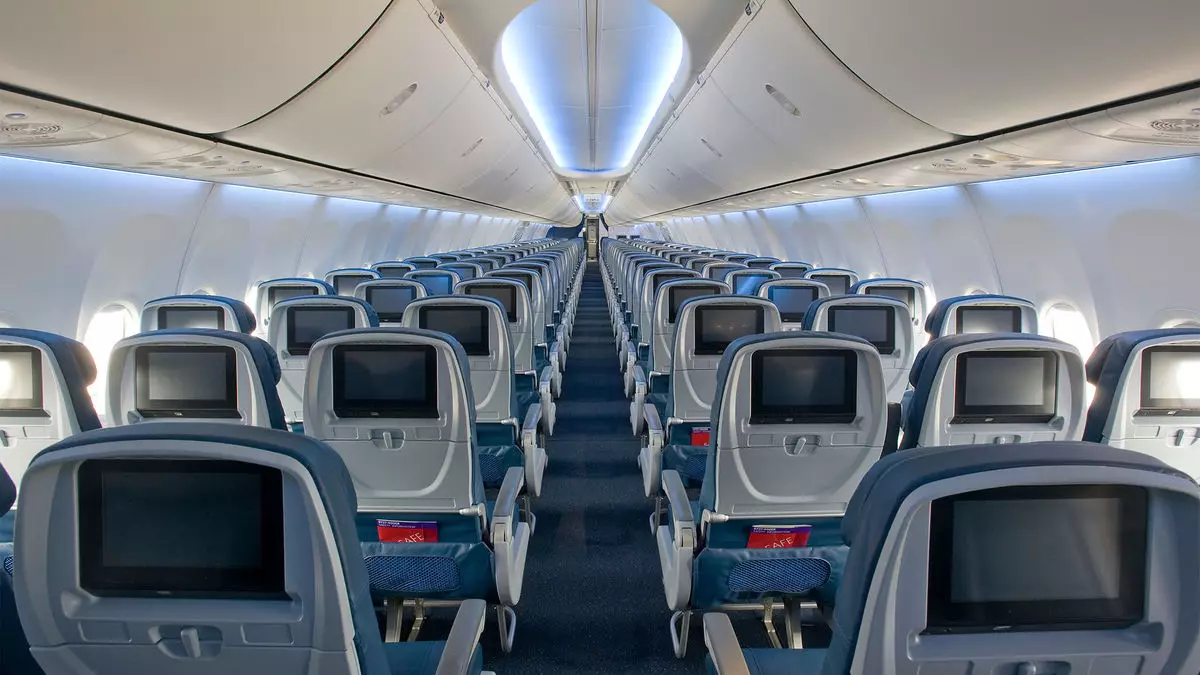Delta Airlines is initiating a significant rebranding effort aimed at enhancing the customer journey. Starting from May 15, customers booking flights for travel on or after October 1 will encounter a revamped product nomenclature. The adjustments—replacing Main Cabin with Delta Main, Comfort Plus with Delta Comfort, and First Class with Delta First—signal a forward-thinking approach by the airline. This effort seems to be not just cosmetic but intended to deepen customer connection through clearer distinctions in services offered.
Streamlined Options for All Travelers
In a move to better serve a wide array of passengers, Delta is also introducing three distinct categories within its main cabin offerings: Basic, Classic, and Extra. This segmentation demonstrates a thoughtful understanding of the varying needs of air travelers today. The Basic category, branded as Main Basic, retains its former minimal offerings, with features such as no advance seat selection and limited boarding privileges. This option is strategic—as budget-conscious travelers often prioritize low fare over additional perks.
On the other end, Main Extra provides a more enriched experience with higher boarding priority, enhanced mileage accumulation, and helpful cancellation policies. This tiered pricing structure not only encourages customer loyalty but also ensures that travelers willing to pay a bit more for comfort and flexibility are adequately served.
Focusing on Customer Value
Delta’s changes seem to reflect a broader airline industry trend towards customer-centric innovations. By offering a middle-ground option with Main Classic, Delta creates an appealing balance for those who desire added convenience without the hefty price tag associated with premium services. The ability to earn miles and secure better boarding arrangements signifies a potential win for travelers, providing more than just a seat but a framework for an elevated flying experience.
While the new structure may initially confuse some loyal travelers accustomed to Delta’s previous branding, the benefits of clarity and variety will likely prove advantageous in the long run. Passengers can weigh their options more easily, understanding exactly what each product entails without the baggage of complex, antiquated terms.
The Reflective Path Ahead
The implications of these branding alterations extend beyond mere semantics; they illustrate Delta’s commitment to evolving with its customer base. However, one has to wonder if the rebranding will ultimately foster a deeper sense of connection or merely serve as a marketing ploy. In an age where consumer preferences rapidly change, staying adaptable is essential.
As Delta embarks on this new journey, there’s also the expectation that they will back their rebranding with tangible improvements in service quality. Not only should customers feel the impact of the new names in their travel experience but also in the overall efficiency and comfort of their flights. The success of this strategic shift may well depend on how effectively Delta navigates the delicate balance between innovation and customer satisfaction.
Change, while often met with skepticism, can lead to meaningful enhancements. With its focus firmly on the customer experience, Delta is poised to take the leap into a new era of air travel, fostering loyalty while also appealing to new passengers searching for a carrier that meets their demands.


Leave a Reply